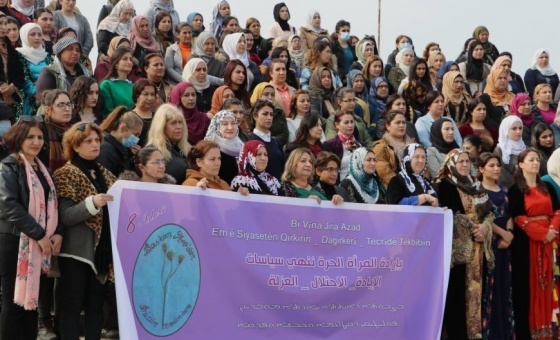This is the last article you can read this month
You can read more article this month
You can read more articles this month
Sorry your limit is up for this month
Reset on:
Please help support the Morning Star by subscribing here
THE tragic death of Harshita Brella raises serious questions about statutory agencies’ failure to safeguard migrants subjected to domestic violence, campaigners warned today.
Police believe that Ms Brella, an Indian citizen living in Northamptonshire, was murdered by her husband, Pankaj Lamba.
In September, the 24-year-old was the subject of a domestic violence protection order, which told Mr Lamba not to harass, pester or intimidate her.
The order expired after 28 days on October 1.
She last spoke to her family on November 10, the day she is thought to have died.
Police discovered her body in the boot of a car in Ilford, east London, four days later.
Mr Lamba is believed to have fled the country.
Southall Black Sisters, which provides support for black and minority women experiencing gender-based violence, said that the killing highlights a “troubling pattern of state failure” to address violence against women and girls adequately.
A statement by the group said: “Black, minoritised and migrant victims like Harshita are disproportionately affected by state inaction on VAWG due to the lack of structural safeguards in law and policy, compounded by pervasive institutional racism.”
It added that when minoritised women report abuse, “their engagement is often cut short by statutory agencies’ inadequate understanding of their unique experiences of abuse and failure to provide culturally appropriate support.”
The statement highlighted that migrant women with No Recourse to Public Funds (NRPF) preventing them from state help “are left with a stark choice between entrapment in domestic abuse, destitution and/or deportation.”
“Provision of unsafe and unsuitable accommodation that neglects black, minoritised and migrant victim-survivors’ specialised needs can make them vulnerable to further harm,” it added.
It called for urgent reform, such as lifting NRPF restrictions, mandating cultural competency training for statutory agencies, and embedding intersectional approaches into VAWG responses.
The charity also underlined the need for urgent police reform, dismantling policies rooted in the hostile environment which perpetuate harm.
In a study by Victim Support, almost half of black and ethnic minority domestic abuse survivors said that police failed to take their complaints seriously.










